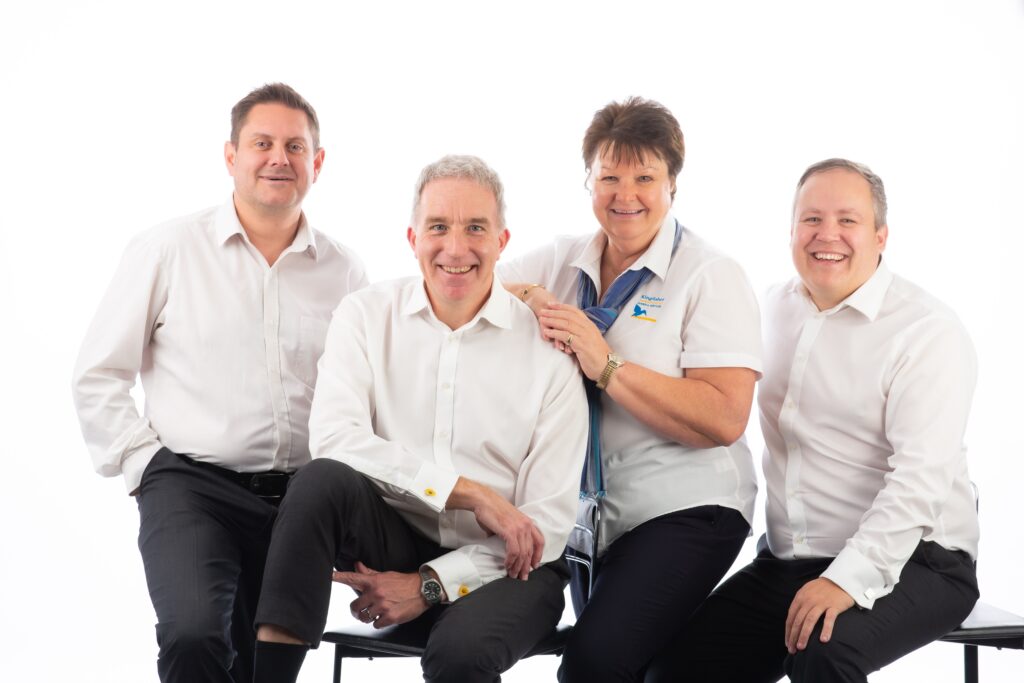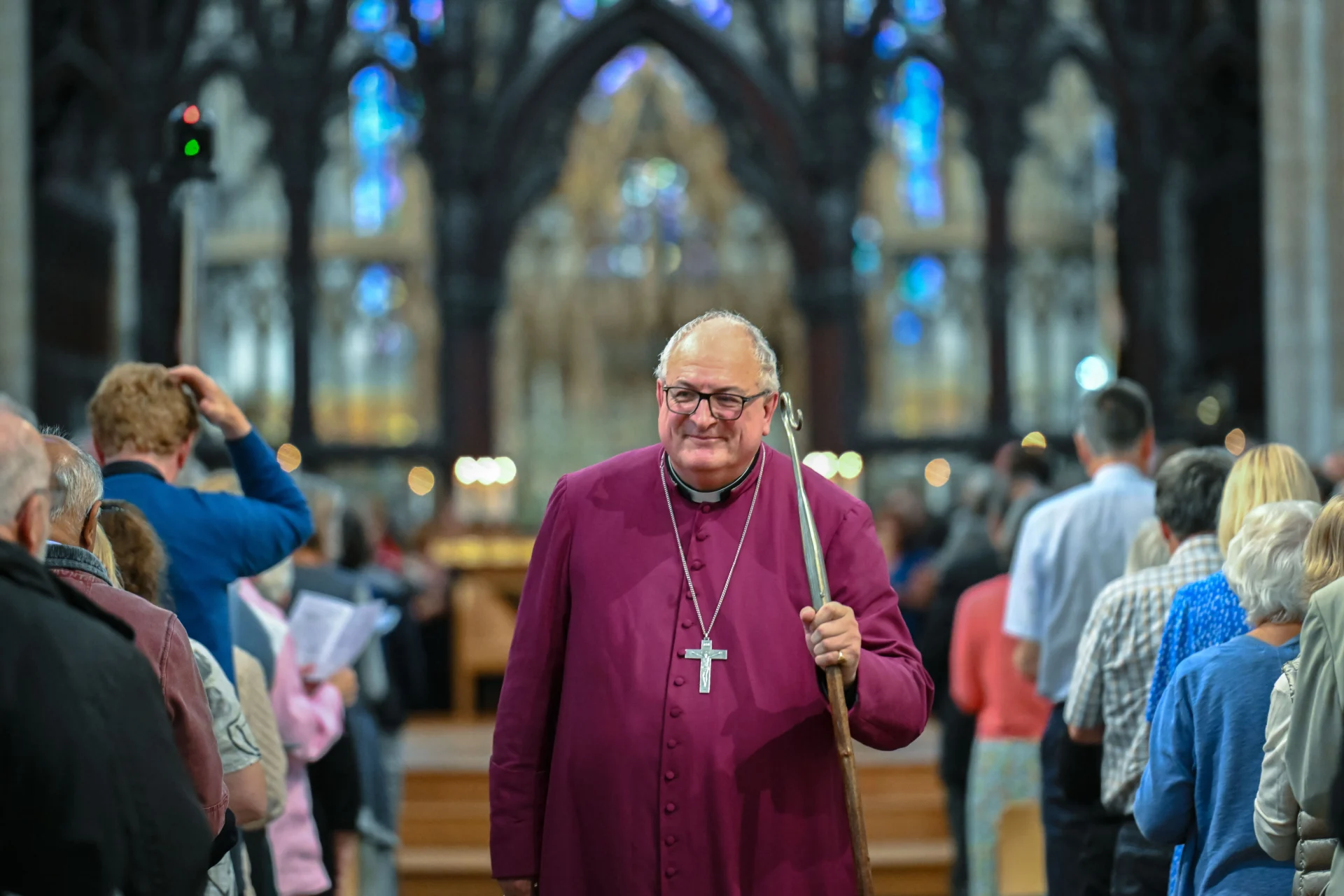Independent funeral company Kingfisher Independent Funeral Services has turned its business into an employee-owned trust, or EOT, to secure its long-term future. It was in 2010, Andrew Hickson set up his own company in Cambridgeshire after working within the sector for many years and feeling he could offer a more personal and bespoke service.
“I had watched bigger companies with a corporate set up and I was keen to work more closely with families at a very emotional time of their lives,” he said.
“I wanted to be sure that they would feel listened to, their wishes were adhered to, and they felt that their loved ones were cared for and respected. I wanted to provide what they wanted, not what we wanted to give them.”
Andrew found a premises which was actually in a cemetery in St Neots, where he lives and over the subsequent years he has opened two more satellite sites in Huntingdon and St Ives, Cambridgeshire.
His partner Tim, a qualified accountant, also joined the company as a director in 2018 to help deal with the financial side of the business.
With a team of four full-time staff and loyal casual workers, more than 2, 400 families have been supported since 2010. This will continue seamlessly as Andrew takes more of a back seat within the business.
He said: “I’m now 54 and I want to prepare the business for a healthy future with our amazing team. As funeral directors we work long hours including weekends and holidays. We got called out on Christmas Day just as we were about to have dinner. We need to provide that sort of service, but it’s someone else’s turn next year!”
“I felt it was time to consider the future of the business and also my own future with my partner Tim. We love dogs and travelling, especially with a motorhome, and we are looking forward to more adventures.”
In considering how to future proof the business, which is still the only independent funeral directors with offices in the three key towns in Huntingdonshire, Andrew looked at employee ownership as an option after discussions with his financial adviser.

“It’s been the right decision for me in that it supports the team and gives them motivation to be even more productive and committed to the business as they gain from its success,” he said.
“I’m now confident that the business will thrive. I’ll continue to help out and later this year I hope to reduce my hours to three days a week. Then, over time, I may become one of the new team’s trusted casual workers!”
Andrew and his team were supported in becoming an EOT by Chris Maslin who runs Go EO, an independent company which works with SMEs considering this business model. Chris’s former company, an accountancy practice in Kent, was transferred into an EOT when Chris decided it was time for him to move on.
“Having gone through the process myself, I felt it was, in many cases, far more complex and costly than it needed to be and came up with a more stream-lined approach to help others transition to this business model,” Chris said.
An employee-owned business allows the founder or owners to exit by selling their shares to a trust run by employees. That founder can exit immediately or over a period of time.
“Working with Chris at Go EO was so easy and the effect for the team has been truly transformational. We were a strong team any way. Everyone is sharing ideas and showing such a deep commitment to the business future,” Andrew said.


















